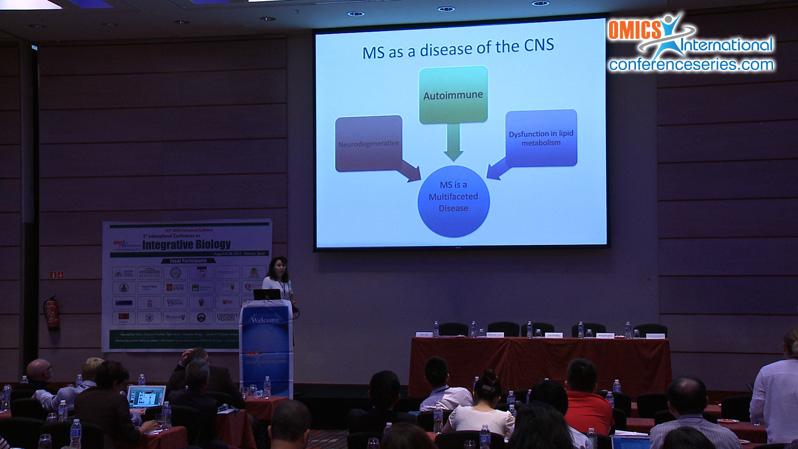
Lidia Gardner
The University of Tennessee Health Science Center, USA
Title: Importance of Apolipoproteins in MS
Biography
Biography: Lidia Gardner
Abstract
Multiple sclerosis (MS) is a multifaceted disease of the central nervous system. We discovered that progressive MS patients have lower levels of apolipoprotein A-I (ApoA-I) in serum and plasma compared to healthy age-matched controls or relapsing remitting patients. Apolipoproteins play important roles in cholesterol transfer and lipid metabolism in the central nervous system. Our data indicate that ApoA-I levels decline with disease progression. Therefore increasing ApoA-I levels might be beneficial for MS patients. We examined the role of ApoA-I in a mouse model of MS - Experimental Autoimmune Encephalomyelitis (EAE). ApoA-I deficient female mice (C57Bl/6-Tg(ApoA1)1Rub/J) demonstrated a higher incidence and severity of the EAE in comparison to the wild type control mice (C57Bl/6J). EAE was accompanied by an increase in cytokines (INF-gamma, TNF-alpha, TGF-ß, IL-2, IL-23) and T cell differentiation into CD25+/Foxp3+ T cells in these animals. To further investigate the role of ApoA-I in MS, we have treated mice with GW3965, an orally active liver X receptor (LXR) agonist. The LXR form heterodimers with retinoid X receptor (RXR) and are important regulators of lipid metabolism. We found that mice treated with GW3965 had a lower disease incidence, EAE scores and cytokine expression compared to mice with regular EAE. Variation of ApoA-I levels correlated with disease incidence and severity. Our studies indicate that LXR activation resulted in increased ApoA-I production in the liver and in the spinal cord of experimental animals. Further investigation into the mechanisms of ApoA-I formation and disease-associated loss might lead to novel therapies in MS.





